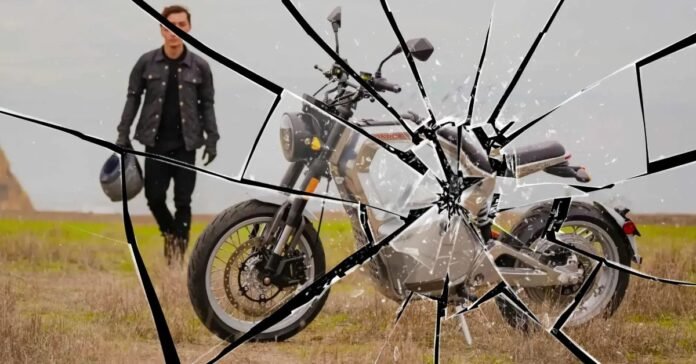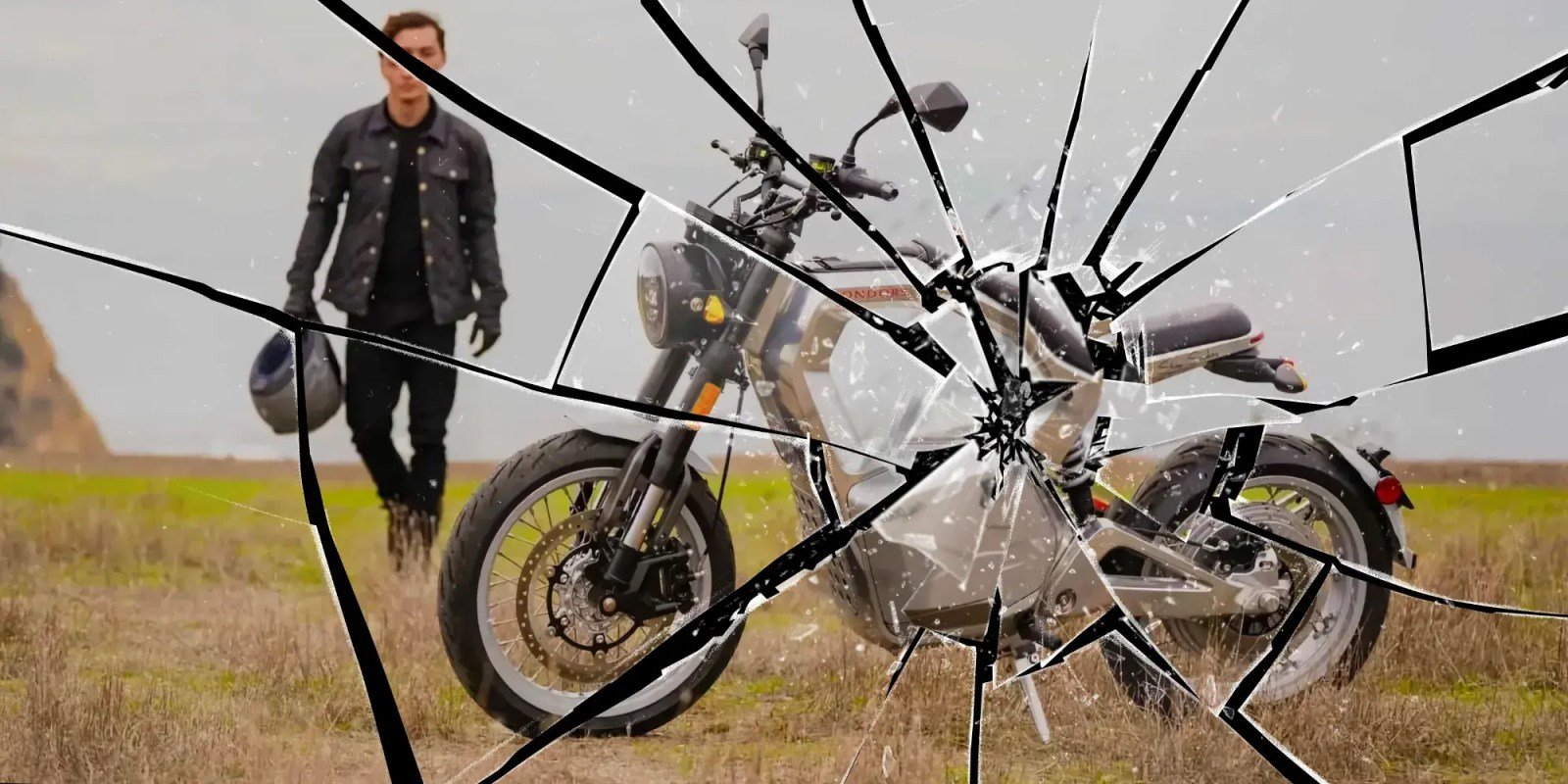
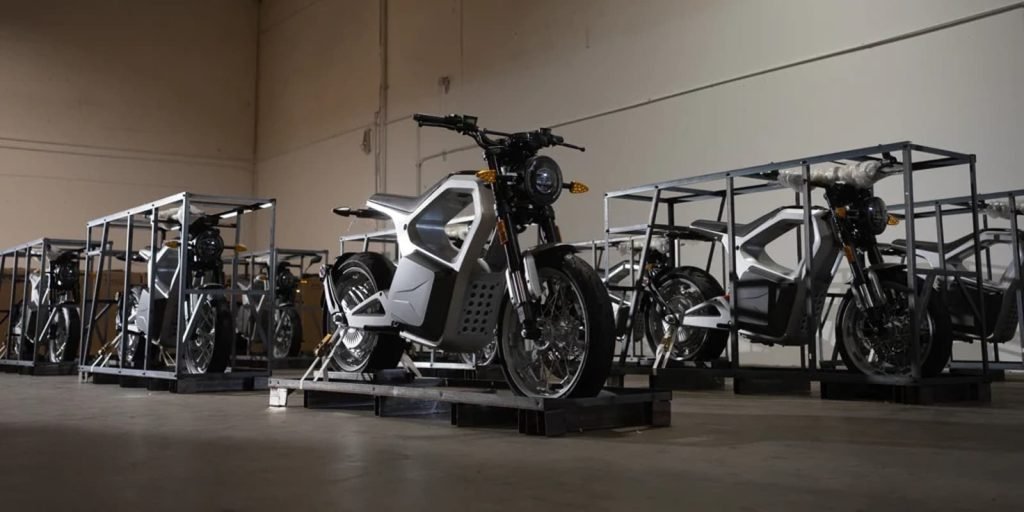
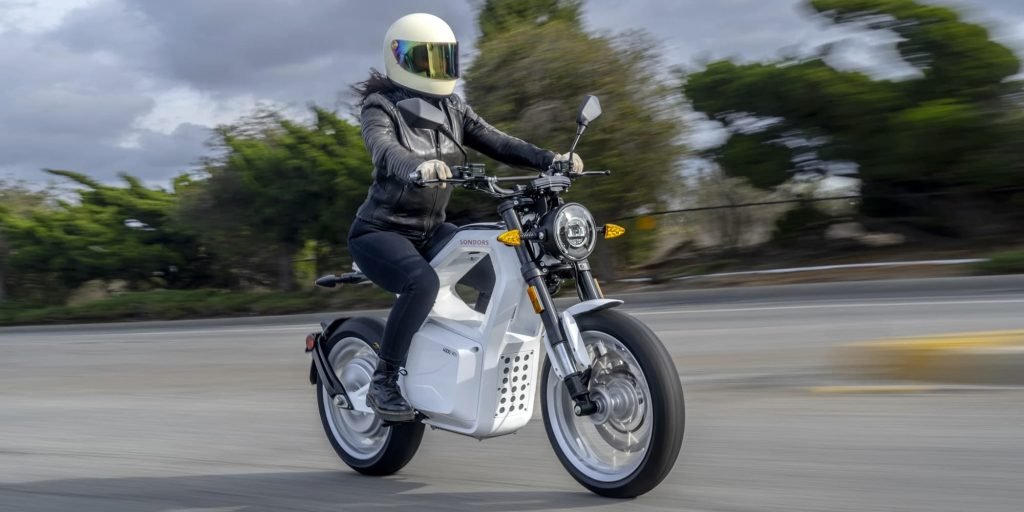

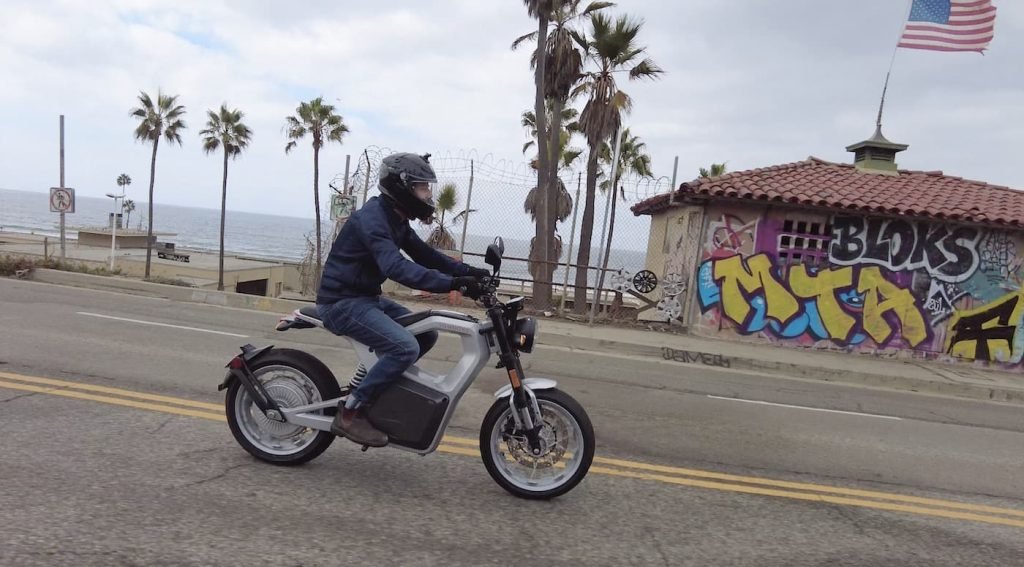
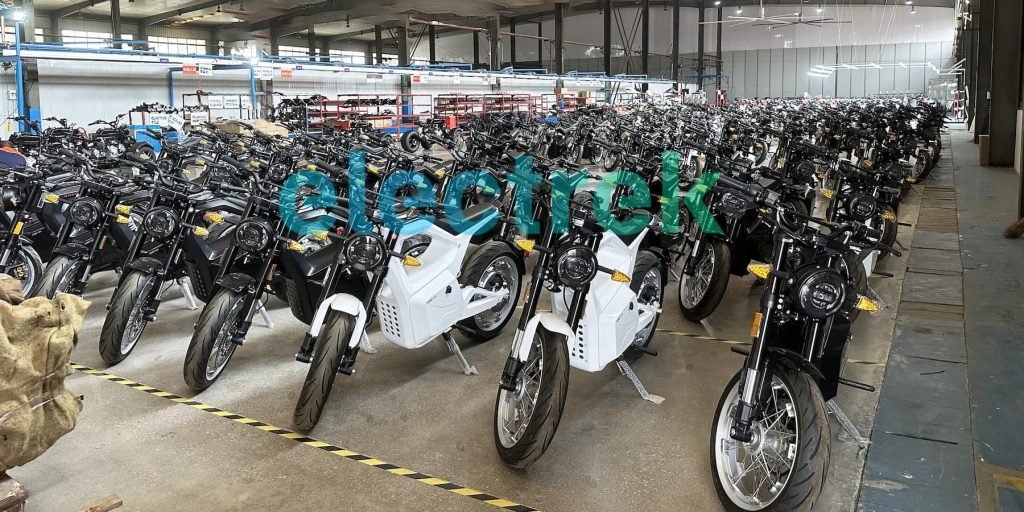


A former SONDORS employee has revealed new details regarding the Metacycle electric motorcycle sold by the now-defunct SONDORS e-bike company, describing the project as “a freight train wreck turned into a dumpster fire.”
The Metacycle was the first motorcycle built and sold by SONDORS, a company that had previously built budget-priced electric bicycles.
The Metacycle made waves upon its unveiling in early 2021, both for its novel design and the shockingly low price for a supposedly highway-capable electric motorcycle at just US $5,000.
However, after a series of mismanagement issues and amid accusations of fraudulent business practices, the company was effectively closed and forced into receivership in late 2023. The closure occurred shortly after Electrek exposed the first images of warehouses full of thousands of SONDORS Metacycles sitting unpaid at the Chinese factory that had been contracted to build the bikes.
It is unclear how many Metacycles were delivered to customers, but import records put the number at likely between 1,400 to 1,500 units. At multiple points, SONDORS had claimed to have deposits or full pre-payments from customers for several thousand more Metacycle orders.

Former SONDORS Director of Project Management and Engineering Bill Ruehl recently shared a number of alarming revelations about both the bike and the company during an appearance on The ITC Show podcast.
Bill joined SONDORS after spending nearly 8 years at Zero Motorcycles, where he served as Director of Prototype and Test. His hiring came as SONDORS added several key additions from the automotive and motorcycling industries, including from companies such as Zero, Ducati, and Tesla.
Bill has a long history as an engineer working with electric motorcycle designs and a rider himself. While the Metacycle was already designed and had begun making deliveries before Bill joined the company, he explained that he quickly assumed a role that dealt in large part with solving the rapidly increasing issues discovered in the motorcycle.
“I took it upon myself to learn the nuances of this vehicle as quickly as I could,” Bill explained. “So it was regular calls with the factory. It was regular involvement in doing forensic involvement on failures, going to customers and looking at their problems.”

According to Bill, the issues proved to be widespread, covering everything from technical concerns to business practices and even road legality. On the technical side, the bike’s speed controller, which is essentially the brain of an electric motorcycle responsible for delivering power from the battery to the motor, would often fail due to poor components and construction. On the business side, the company had a tendency to skirt importation tariffs through improper classifications. And during homologation, major issues were overlooked that would render the bike non-street legal.
In the US, all motor vehicles operated on public roads must conform to regulations compiled in the Federal Motor Vehicle Safety Standards (FMVSS). Motorcycles have specific design requirements relating to their design, operation, and manufacturing.
The process of homologation refers to preparing and approving a vehicle to meet applicable regulations for sale in a certain market.

Unlike in Europe, the US does not have type approval, where the government or an appointed body inspects and certifies vehicles as road-worthy. Instead, the US uses a system known as self-certification, in which manufacturers are responsible for verifying that they have indeed met or exceeded federal regulations for homologation.
“If you don’t meet those requirements, basically you can’t sell your product for use on US roads, so it becomes unregisterable,” Bill explained. “And there were a lot of issues with the Metacycle. In fact, if you were to hold a gun to my head and ask me if it was legitimately homologated, it was not. There were shortcuts that were taken. The biggest one of these is that the braking system, by FMVSS definition, is not suitable for a vehicle called a ‘motorcycle’ on US roads.”
Bill explained that each time he attempted to raise these concerns, he was pushed aside. “I was told to be quiet, and not repeat this anymore.”
While many riders were able to register their Metacycles at their local DMVs, this was not always straightforward or even possible. Several states would not allow the motorcycles to be registered. And even for those that were registered successfully, the registration is not an indication that the vehicle is actually street legal, but merely that the DMV permitted the application to be processed. Several riders reported having to make multiple attempts on successive days before a DMV worker accepted and filed their registration application.

Another key issue the Metacycle encountered was a high controller failure rate due to poor MOSFET selection and implementation, which Bill attributed to cost-saving measures at the controller manufacturer. The failure tends to occur under heavy loading, such as hill climbing and other high-power scenarios.
The problem doesn’t affect all Metacycles and depends on how well the multiple MOSFET chips in the controller are paired to each other, which is essentially random luck without a process for evaluation during the controller manufacturing stage.
“There are good Metacycles out there. I’m not trying to say that all Metacycles are bad and all Metacycles have this controller issue, but many of them do,” he added.
Bill had choice words for several other components on the bike, including the Metacycle’s security system.
“Honestly, I believe that the security system they used on the Metacycle was probably the worst thing ever unleashed on the American public.”

Bill attributed the many problems at SONDORS to its leadership, namely the company’s founder and CEO Storm Sondors.
“I will say there were a lot of people behind the scenes at SONDORS who were really trying hard to make a difference. They were not all Storm. But the problem is when you have an individual like Storm at the head of a company like that, the lies and the BS trickle down.”
Storm Sondors did not immediately respond to a request for comment regarding the claims covered in this story.
After SONDORS closed and the company entered receivership, Bill decided to put his experience with the bike to use in helping owners who need support or spare parts. He now consults by appointment and is currently working with the former Metacycle factory in China to hopefully provide original Metacycle equipment to owners.

Source link
#Failed #SONDORS #Metacycle #motorcycle #street #legal #reveals #employee


